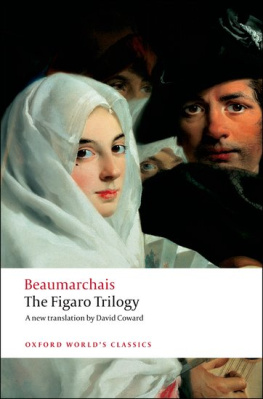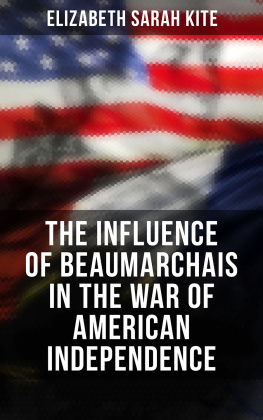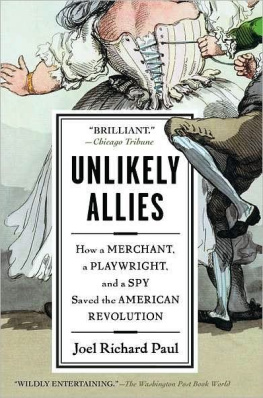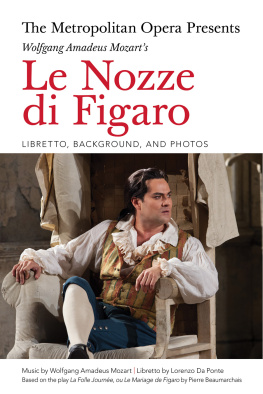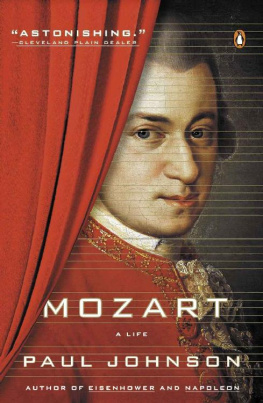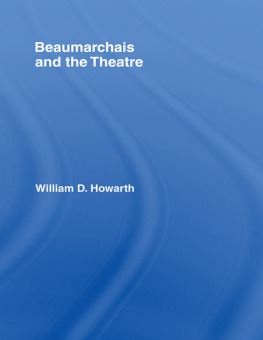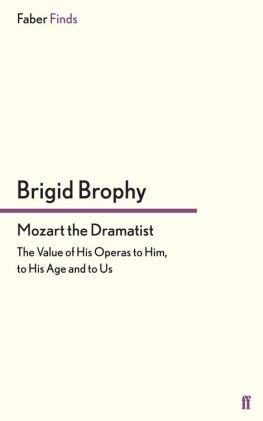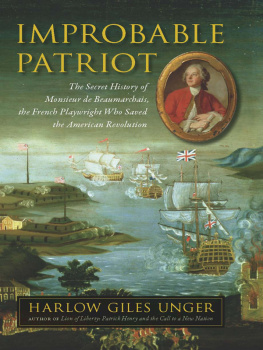
Great Clarendon Street, Oxford OX2 6DP
Oxford University Press is a department of the University of Oxford.
It furthers the Universitys objective of excellence in research, scholarship,
and education by publishing worldwide in
Oxford New York
Athens Bangkok Buenos Aires Cape Town Chennai
Dar es Salaam Delhi Hong Kong Istanbul Karachi Kolkata
Kuala Lumpur Madrid Melbourne Mexico City Mumbai Nairobi
So Paulo Shanghai Taipei Tokyo Toronto
Oxford is a registered trade mark of Oxford University Press
in the UK and in certain other countries
Published in the United States
by Oxford University Press Inc., New York
David Coward 2003
The moral rights of the author have been asserted
Database right Oxford University Press (maker)
First published as an Oxford Worlds Classics paperback 2003
All rights reserved. No part of this publication may be reproduced, stored in a retrieval system, or transmitted, in any form or by any means, without the prior permission in writing of Oxford University Press, or as expressly permitted by law, or under terms agreed with the appropriate reprographics rights organizations. Enquiries concerning reproduction outside the scope of the above should be sent to the Rights Department, Oxford University Press, at the address above
No performance of these plays may be given unless a licence has been obtained;
application to the Rights Department, Oxford University Press, should be
made before rehearsals begin
You must not circulate this book in any other binding or cover
and you must impose this same condition on any acquirer
British Library Cataloguing in Publication Data
Data available
Library of Congress Cataloging in Publication Data
Data available
ISBN13: 9780192804136
ISBN10: 0192804138
Typeset in Ehrhardt
by Refine-Catch Limited, Bungay, Suffolk
Printed in Great Britain by
Clays Ltd, St Ives plc
OXFORD WORLDS CLASSICS
For over 100 years Oxford Worlds Classics have brought readers closer to the worlds great literature. Now with over 700 titlesfrom the 4,000-year-old myths of Mesopotamia to the twentieth centurys greatest novelsthe series makes available lesser-known as well as celebrated writing.
The pocket-sized hardbacks of the early years contained introductions by Virginia Woolf, T. S. Eliot, Graham Greene, and other literary figures which enriched the experience of reading. Today the series is recognized for its fine scholarship and reliability in texts that span world literature, drama and poetry, religion, philosophy and politics. Each edition includes perceptive commentary and essential background information to meet the changing needs of readers.
Refer to the to navigate through the material in this Oxford Worlds Classics ebook. Use the asterisks (*) throughout the text to access the hyperlinked Explanatory Notes.
OXFORD WORLDS CLASSICS

BEAUMARCHAIS
The Figaro Trilogy
The Barber of Seville
The Marriage of Figaro
The Guilty Mother

Translated with an Introduction and Notes by
DAVID COWARD

OXFORD WORLDS CLASSICS
THE FIGARO TRILOGY
PIERRE-AUGUSTIN CARON DE BEAUMARCHAIS was born in Paris in 1732. He was musical and inherited the practical skills of his father, a watchmaker, and to them added a talent for self-promotion. Still only 21, he perfected a new escapement mechanism which a rival attempted to pass off as his own. Caron defended himself with a brio which attracted royal favour and he gave music lessons to the kings daughters. In 1757 he married a widow and took the name of a small property she possessed. Now Caron de Beaumarchais, he became the associate of a wealthy financier, Pris-Duverney. In 1764 he travelled to Spain, which would provide the atmosphere of his two most famous comedies. The first of his six plays was staged in 1767, and thereafter he filled his life with multifarious activities as entrepreneur, international go-between, secret agent, pamphleteer, playwright, self-appointed diplomat, publisher, and gun-runner. He made, spent, and lost large sums of money, was involved in highly publicized legal battles, carried out covert operations for the government, and shipped guns to the insurgents during the American War of Independence, while still finding time to write and stage The Barber of Seville (1775) and The Marriage of Figaro (1784). At times a popular hero, he also had many enemies who feared that Figaros rebellious spirit would precipitate a national crisis. But in 1789 Beaumarchaiss moderate political opinions and his grand lifestyle made him appear a lukewarm supporter of the Revolution. The new regime was as suspicious of him as the old, though in 1792 he was authorized to buy 60,000 Dutch guns for France, a protracted affair which cost him dear. In the same year The Guilty Mother was performed, to unenthusiastic audiences. In 1794, when his name was added to the list of migrs, he fled the guillotine and did not return to France for two years. Thereafter he sought a political role, but without success. He died in his sleep in 1799.
DAVID COWARD is Research Professor at the University of Leeds. He is the author of studies of Marivaux, Marguerite Duras, Marcel Pagnol, and Restif de la Bretonne, and of A History of French Literature (2002). For Oxford Worlds Classics he has edited eight novels by Alexandre Dumas and translated Dumas filss La Dame aux camlias, two selections of Maupassant short stories, Sades Misfortunes of Virtue and Other Early Tales, and Diderots Jacques the Fatalist. Winner of the 1996 Scott Moncrieff Prize for translation, he reviews regularly for the Times Literary Supplement, the London Review of Books, and other literary periodicals.
CONTENTS
INTRODUCTION
Eighteenth-century Paris was stage-struck. Three officially licensed playhouses (the Comdie Franaise, the Opera, and the Thtre Italien) were not enough to satisfy the appetite of theatregoers. Short plays and farces were also staged for the capitals two permanent fairs which, though they catered for a popular audience, drew established playwrights and attracted elements of the cultured, fashionable play-going public. By the 1760s new fixed theatres were appearing on the Boulevards, attendances continued to rise, and the enthusiasm for amateur theatricals fuelled the vogue for intimate thtre de socit which turned salons in private houses into improvised stages. The royal court ordered command performances of successful plays, and Marie-Antoinette acted in productions of The Barber of Seville (she was a lively Rosine), Rousseaus Le Devin du Village (The Village Soothsayer), and others. Not to be outdone, nobles and wealthy bourgeois invited the stars of the professional stage into their mansions, but also encouraged authors to contribute short
Next page
